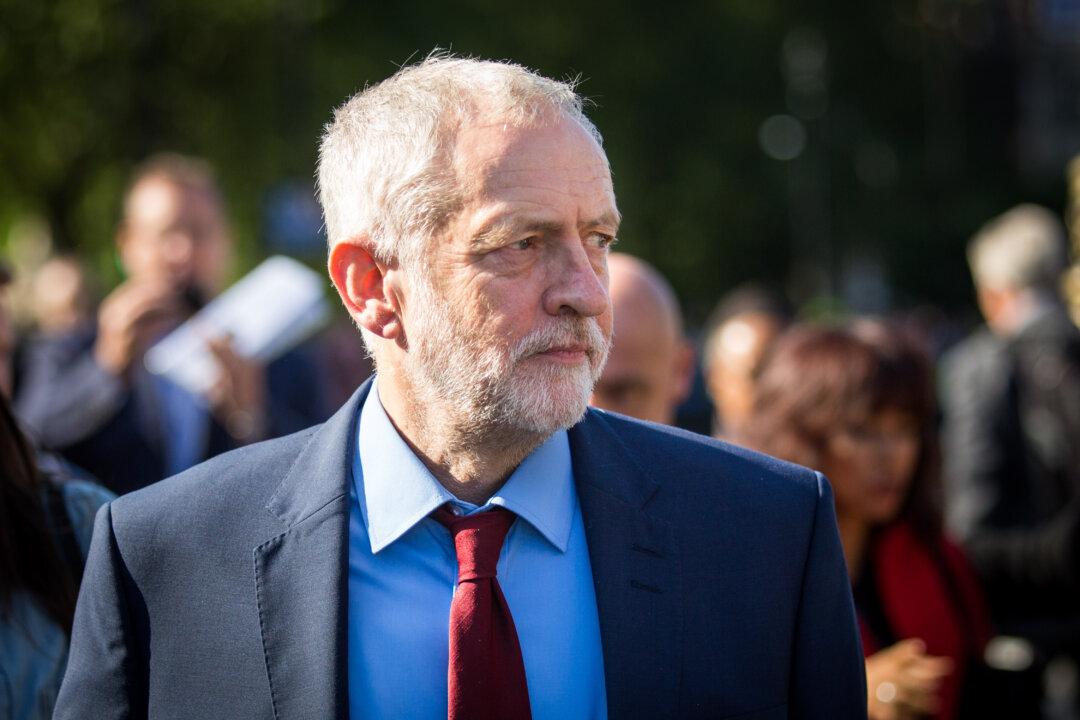With accusations that he didn’t give 100 percent to campaigning for remaining in the EU over the past few months, and resignations coming thick and fast from multiple shadow cabinet members, it’s increasingly likely that Jeremy Corbyn will need to stand down as leader of the Labour party. All parties need to choose their leaders wisely, but in the chaos of the post-Brexit political meltdown, Labour needs to be extra careful.
If a leadership election is held, it'll take place in the context not only of a Conservative leadership battle, but in an increasingly hostile climate of debate—not just on the referendum result itself, but on the process and terms of the U.K.’s withdrawal.
Labour’s leadership election procedures require candidates to be nominated initially by their fellow MPs. That means the people currently renouncing their support for Jeremy Corbyn will be the ones selecting the field of candidates to stand against him. Only once these overwhelmingly pro-Remain MPs have made their decisions will the party membership be able to choose its next leader.
And even though many core Labour voters in the party’s heartlands voted overwhelmingly to leave, only ten Labour MPs publicly campaigned for Brexit. And none of them have been touted as future leaders.
So the next Labour leader will inevitably come from the Remain side, but will be tasked with winning back the support of voters who turned against the party on Britain’s most consequential political decision for generations. They'll need to take a careful line on the EU—one that doesn’t isolate Labour Brexit voters and focuses on getting the best outcome for the U.K.
Any new Labour leader will also need to be installed pretty quickly. The Conservative party dogfight to choose the next prime minister will be deeply acrimonious and may overshadow the Labour leadership debacle.
But the fact remains that there’s now a gaping chasm in terms of opposition in British politics. That presents an irresistible opportunity for the second opposition party: the Scottish National Party (SNP).

